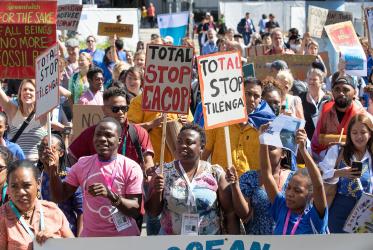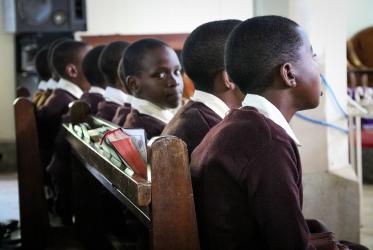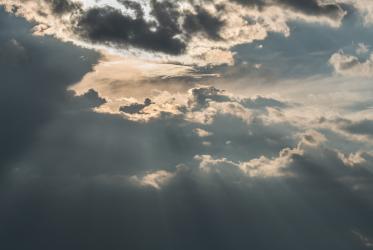Displaying 1 - 20 of 22
22 November 2023
WCC Eco-School for Europe and North America region
11 - 18 November 2023
Orthodox Academy of Crete, Greece
Rethinking Ecological Relationships in the Anthropocene era
11 - 13 February 2021
Day of prayer and fasting for peace in South Sudan, Democratic Republic of Congo
23 February 2018
Worldwide













